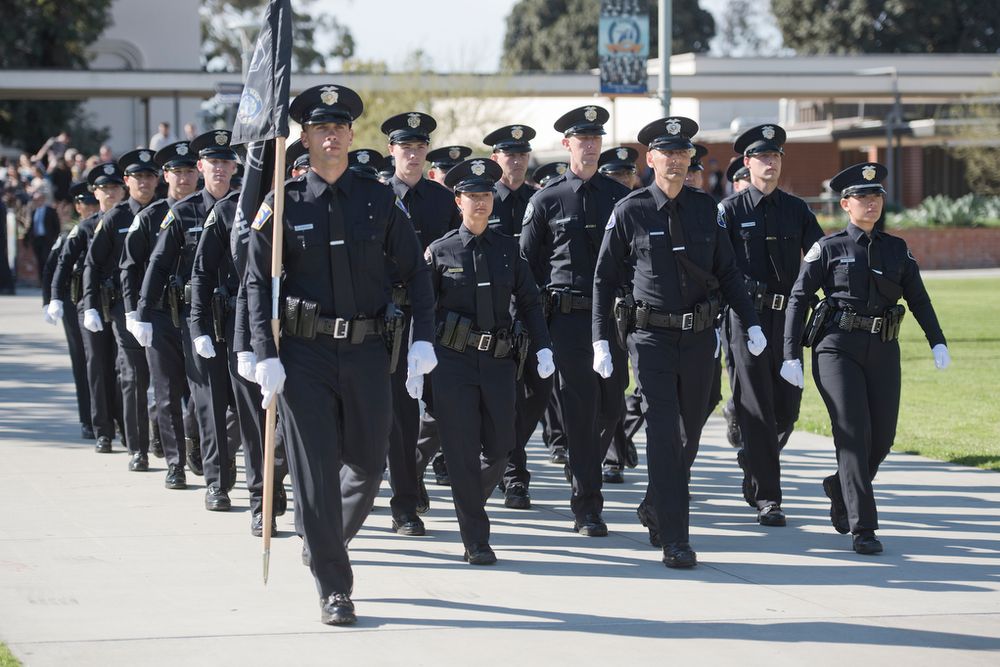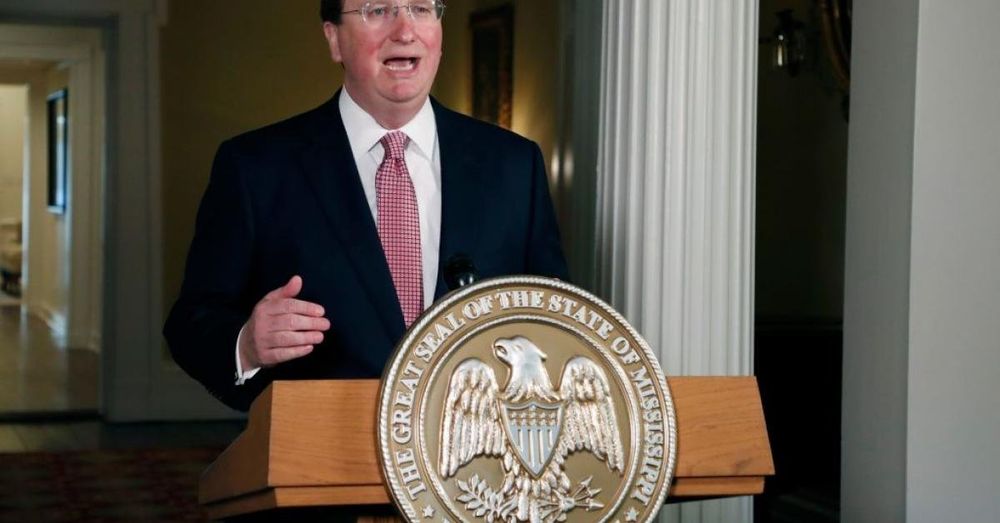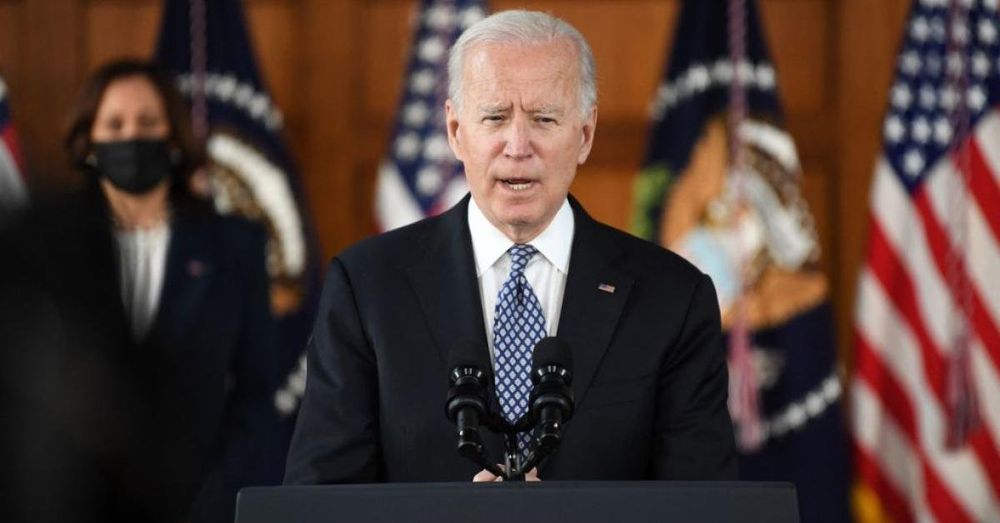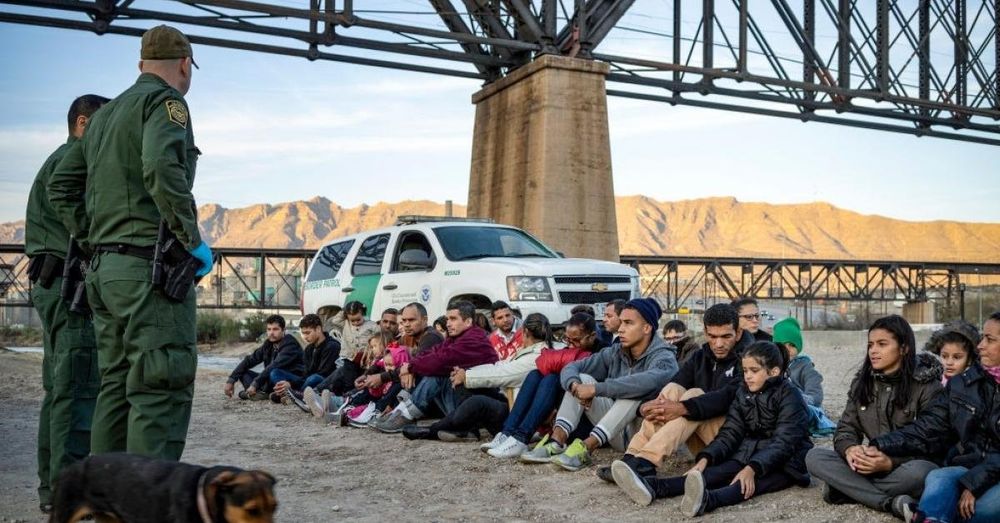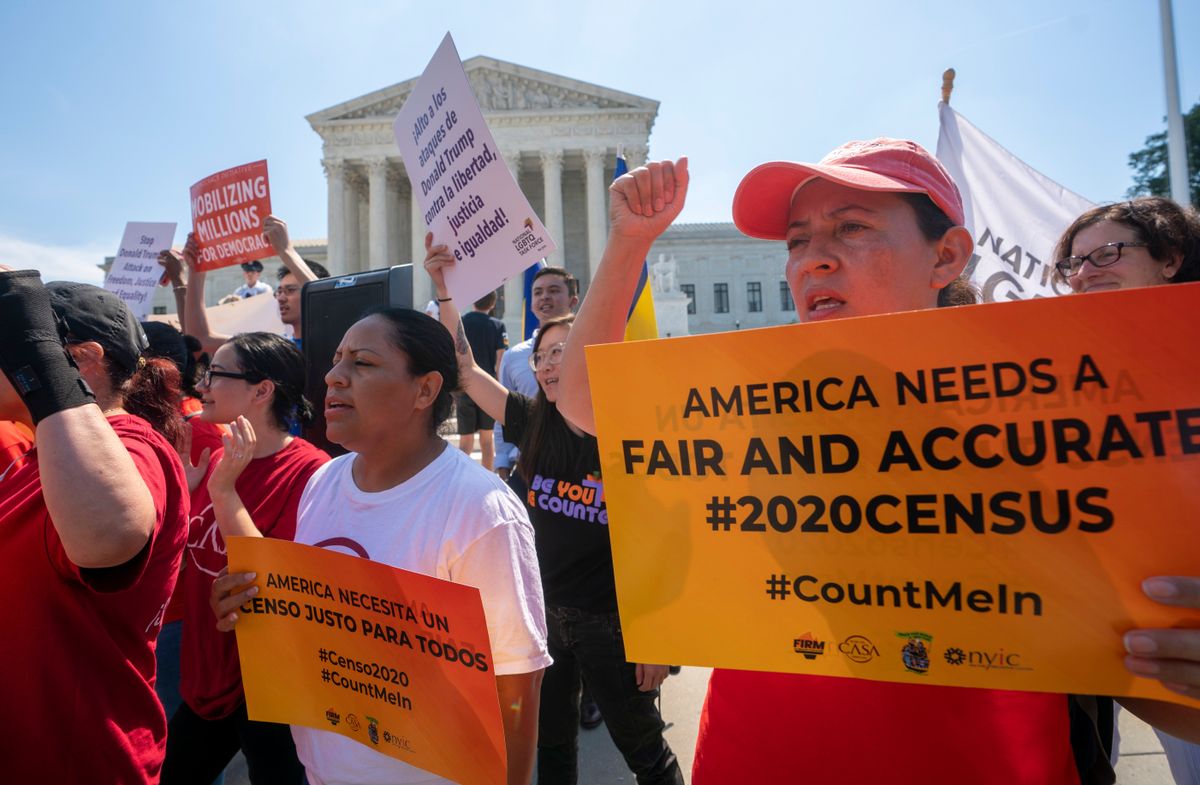
EXPLAINER — What’s Big Deal About Adding Citizenship Question to US Census?
U.S. President Donald Trump is making a last-ditch push to add a citizenship question to the 2020 U.S. Census, despite a Supreme Court ruling against it last month and criticism by some states and civil liberties groups that the question is meant to deter immigrants from participating and help Republicans gain seats in the U.S. Congress.
What is the census used for?
The once-per-decade survey is mandated by the U.S. Constitution. Its results have major consequences for states.
Census data is used to determine the number of congressional representatives for each state, and dictates how the federal government allocates more than $800 billion in funding for services such as schools and law enforcement.
Why did the Trump administration want to add the question?
A question about citizenship has not been asked of all households since the 1950 census. It has featured since then on questionnaires sent to a smaller subset of the population.
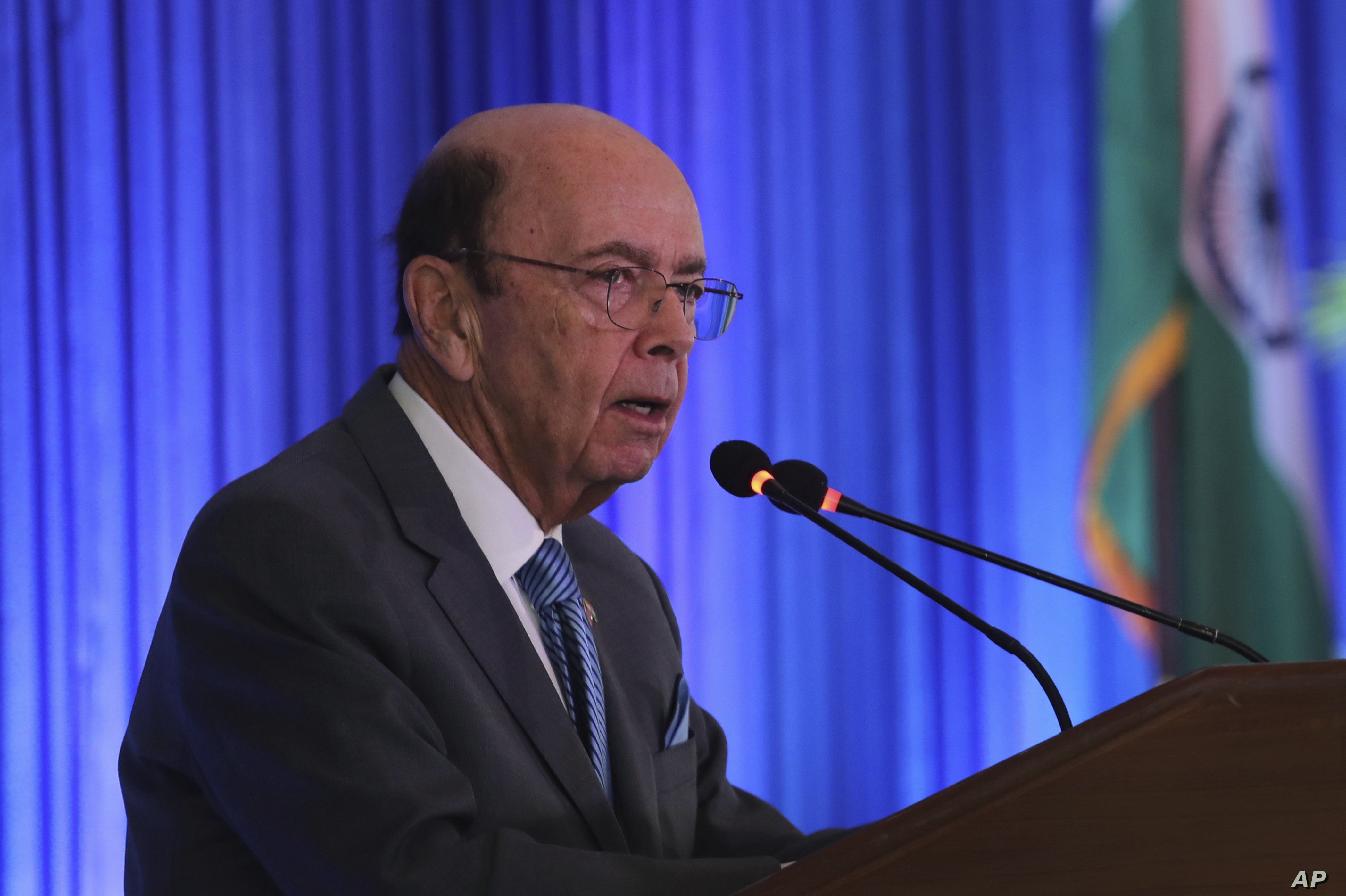
U.S. Commerce Secretary Wilbur Ross, whose department runs the census, announced in March 2018 that a citizenship question would be reinstated to produce better data on enforcement of the federal Voting Rights Act, which protects minorities' electoral power. The government also said citizenship is a reasonable question to ask, noting that it is common in many other countries.
The Census Bureau's own experts estimated that households corresponding to 6.5 million people would not respond if the question were asked, leading to less accurate citizenship data.
Why did opponents of the question sue?
States with high numbers of immigrant and Latino residents, led by New York state, sued to block the citizenship question. They said it would cause an undercount of their populations and disproportionately hurt their regions by costing them U.S. House of Representatives seats and millions of dollars in federal funding. Immigrant advocacy groups said the government's plan aimed to discriminate against non-white immigrants.
What did the U.S. Supreme Court do?
A federal judge in Manhattan and two others in Maryland and California blocked the addition of a citizenship question as a violation of federal administrative law or the Constitution.
On June 27, the Supreme Court upheld the Manhattan decision, saying the administration's Voting Rights Act rationale seemed "contrived."
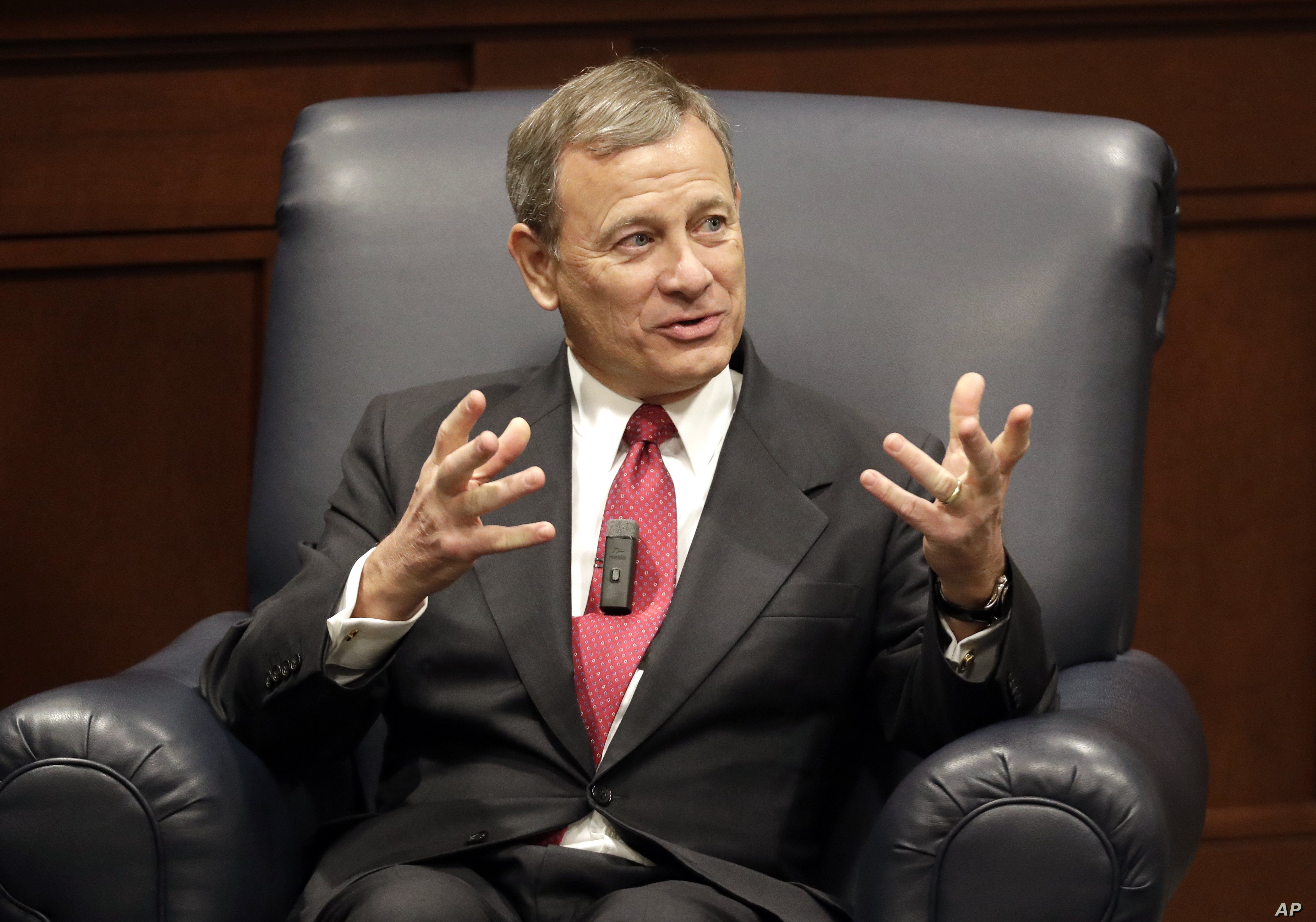
The ruling by Chief Justice John Roberts, a conservative, was joined by the court's four liberal justices.
The ruling noted that Ross was determined to add the question from the time he was put in charge of the Commerce Department. The justices sent the issue back to the department, potentially allowing officials to offer a new explanation for adding the question.
A U.S. House Democrat who oversees funding for the U.S. Census Bureau said he would not support money being spent to reprint forms if the Trump administration won court approval to add the citizenship question. Printing of the 2020 Census forms has started for the more than 600 million documents to be mailed to more than 130 million households.
How could the census be used to boost political power?
Reuters reported in April that the Trump administration believed its citizenship question could help Republicans in elections by enabling states to draw electoral maps based only on citizen population, rather than total population.
Recently unearthed evidence that the challengers have said reveals an illegal discriminatory motive by the administration is being litigated in lower courts. Democratic critics of Republican Trump have also pointed to his hard line policies on reducing immigration.
Documents created by Republican strategist and redistricting expert Thomas Hofeller, who died last year, showed he was instrumental behind the scenes in instigating the addition of the question. He concluded in a 2015 study that a citizenship question would be "advantageous to Republicans and Non-Hispanic Whites" in redrawing electoral districts based on census data.
The Supreme Court did not weigh in on that evidence and the Trump administration called the newly surfaced evidence "conspiracy theory."
 Trump: Will Look ‘Very Carefully’ at Labor Secretary’s Role in Prosecuting Child Sex-Trafficking CaseNext PostUS Appeals Court Debating Future of Obamacare
Trump: Will Look ‘Very Carefully’ at Labor Secretary’s Role in Prosecuting Child Sex-Trafficking CaseNext PostUS Appeals Court Debating Future of Obamacare 


